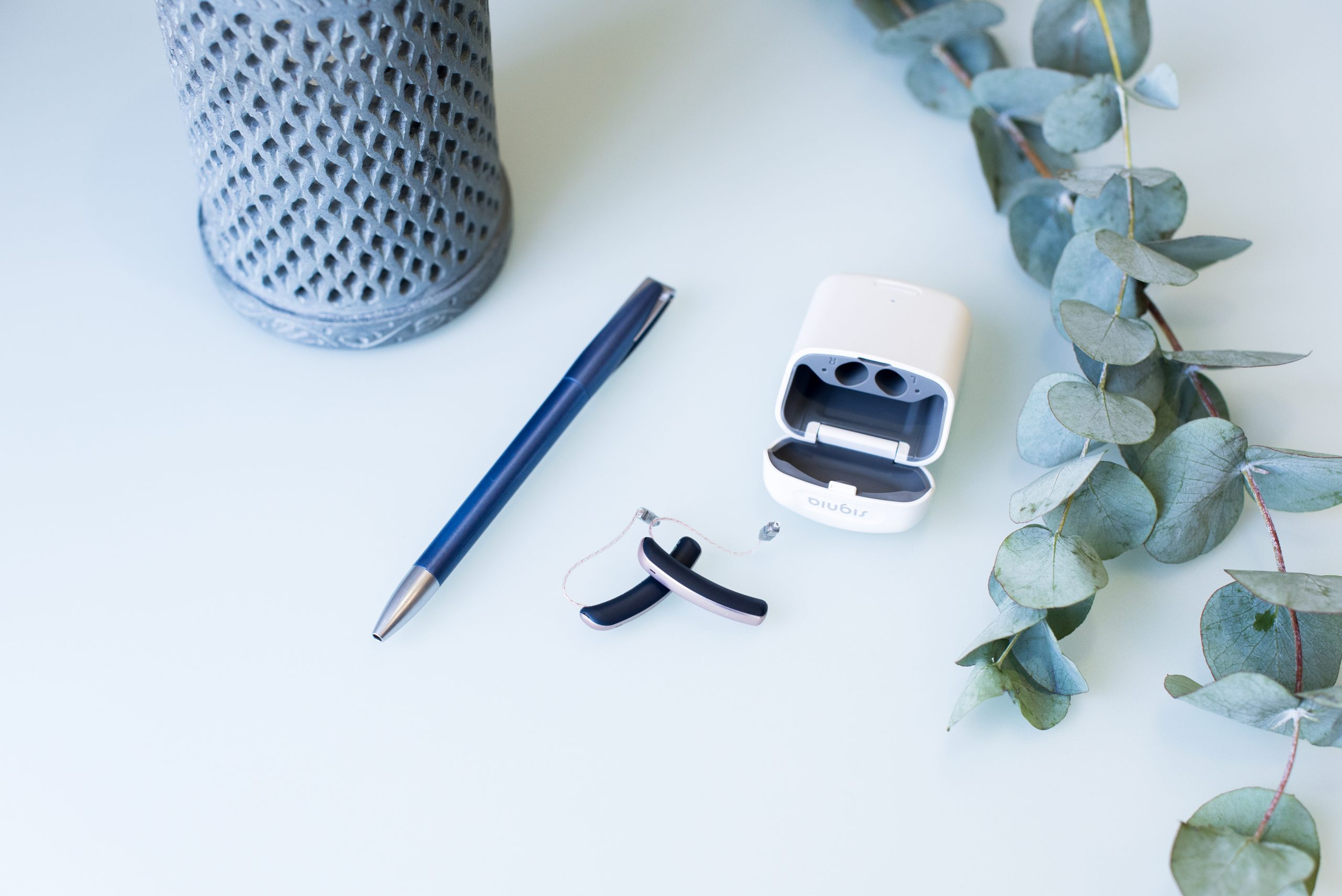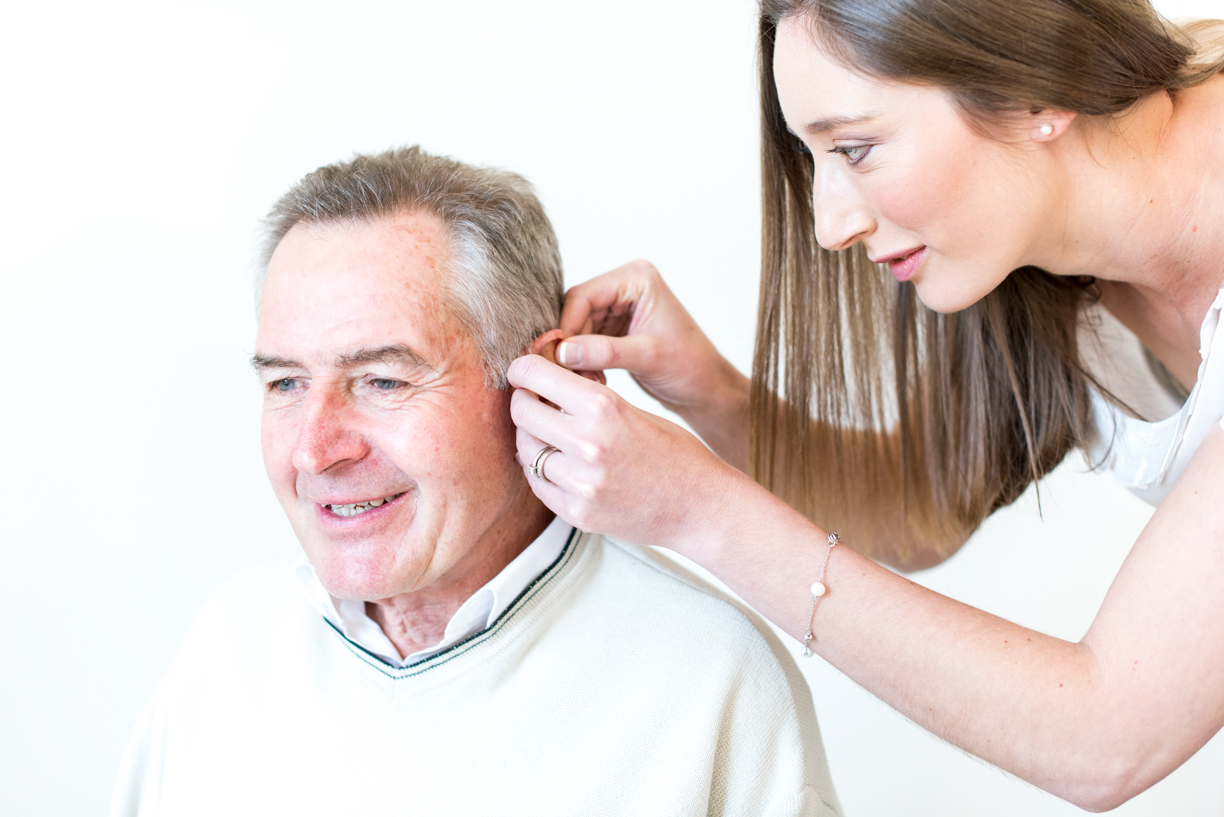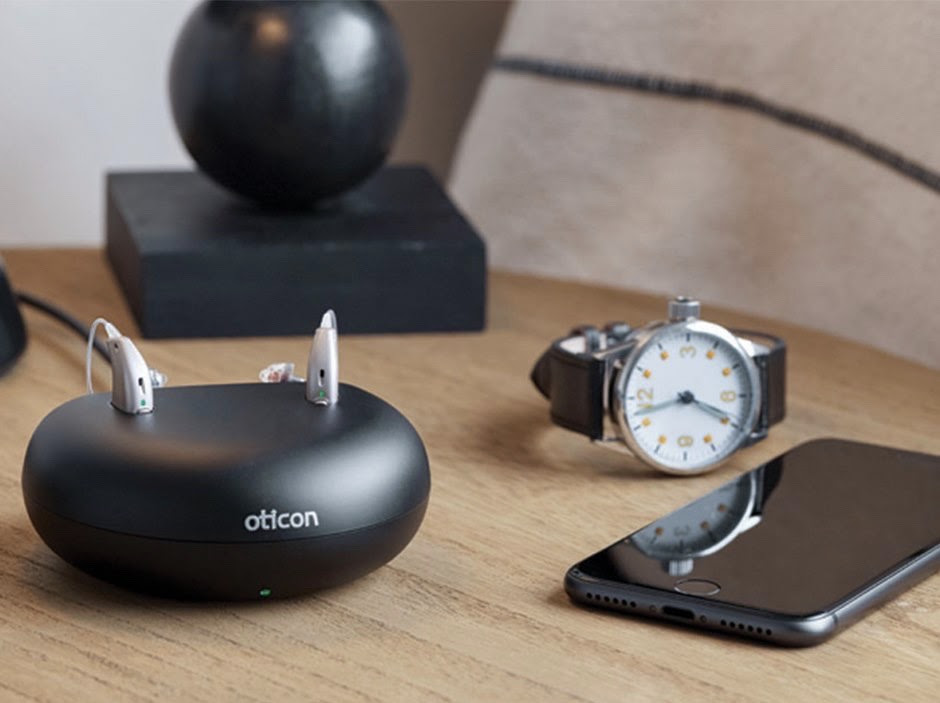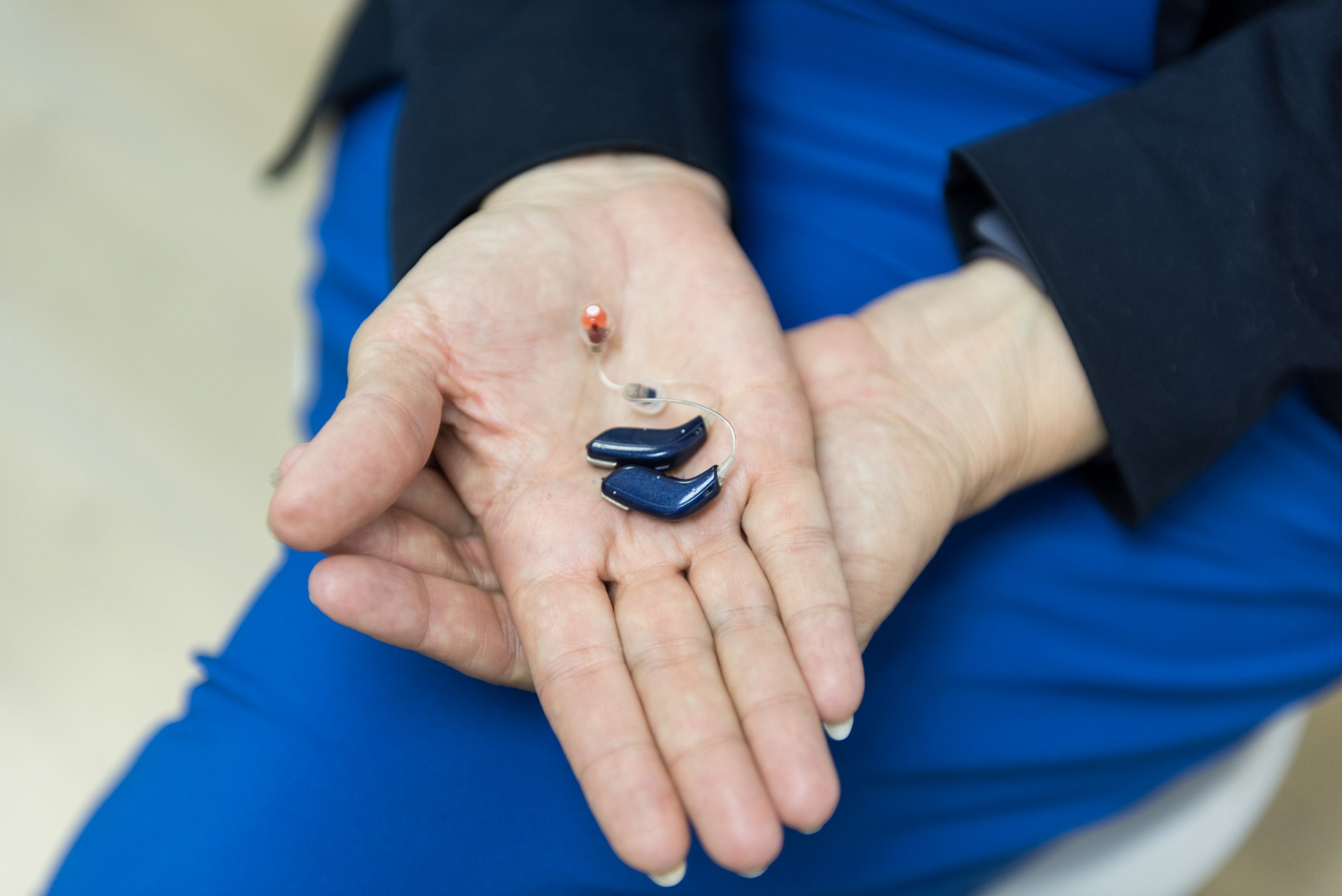Most people with slight hearing loss can hear well in quiet, but struggle in background noise. Difficulty hearing in noisy places is often one of the first noticeable signs of hearing loss and it can lead to avoidance of those noisy situations, such as a busy restaurant or a family get together. Add in factors such as bad acoustics, foreign accents, dim lighting, unfamiliar topics and fatigue or stress and the result is often a communication breakdown.
Below are 7 strategies that will help you hear better in these environments and help you communicate better with friends and loved ones.
1 Make communication easier from the get go
Dining with smaller parties assists in making conversations more manageable. With smaller groups, maintaining eye contact and focusing on the person who is speaking is much easier. Choose a quieter restaurant, or go at a quieter time of day.
2 Use repair strategies
If you are in a situation where a breakdown in communication has occurred, rather than simply saying “pardon me” or “what did you say?” ask the person to rephrase or simplify what was said. Another suggestion is to ask the person to repeat only the part of the sentence you did not get. In the case of important details, such as appointments and events, ask the person to write down key information such as the address, time and date. Don’t pretend that you heard or bluff your way through the conversation.
3 Advocate for yourself
If a particular person is difficult to understand, ask them to speak slowly and more clearly. Also ask that the person look at you as visual cues will assist. Suggest that you move to have an important conversation in a quieter area at a party.
4 Minimise background noise
Try and move to a quieter location where possible. Try to pick restaurants that are quieter and go at hours when the restaurant is less likely to be very busy. Moving away from sound sources such as music, TV’s and loud appliances e.g. dishwasher or fan can also help significantly. At a restaurant, ask the waiter to turn the music down a little.
5 Turn the lights up
Try to improve lighting in the space as much as possible. Find a space where lighting is bright and people’s faces are well illuminated. Studies show that being able to use lip reading and visual cues can improve speech understanding by up to 20%!
6 Do your research
Most modern restaurants have terrible acoustics these days. Hard walls and floors result in reverberation. Try and choose a restaurant where there are carpets, curtains and soft furniture which help to absorb sound. Choosing the right seat is also important. Sitting in a corner or with your back to the wall can assist in the room acoustics.
7 Keep tabs on the topic
It can be difficult to keep up with a topic of conversation if it is rapidly changing. Try and position yourself as close to the main conversationalist in a small group, to allow you to be alert to when the topic changes. Asking yes/no questions will also assist.
PS. Get it checked
A diagnostic hearing test with an audiologist will provide you with information about your current hearing status and your ability to hear in background noise. Have a baseline hearing test if you are having difficulty hearing in noise.
Credit: Danielle Krabbenhoft & Tanya Hanekom
Audiologists






Leave A Comment